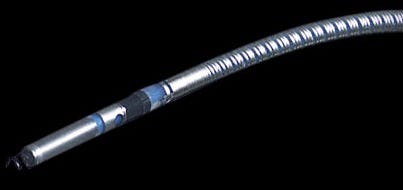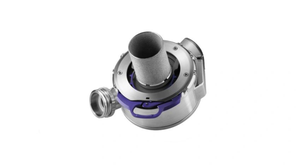March 24, 2014
|
St. Jude Medical has encountered a number of lawsuits related to its Riata leads. |
Lawsuits continue to mount over the Riata defibrillator leads that St. Jude Medical pulled from the market in 2011 in what the FDA ended up classifying as a Class I recall.The latest lawsuit involves Robert Loiseau, a longtime HVAC professional from Southampton, PA, who had a defective Riata lead removed in April 2012. When removed, the lead was discovered to have failed prematurely and to have fractured just like the fractured devices that led to the recall, according to the lawsuit filed February 24 in U.S. District Court in Los Angeles.The lawsuit claims that St. Jude Medical was negligent when it came to manufacturing the leads and negligent when it came to informing the FDA and the public about problems with the leads."Mr. Loiseau is extremely disappointed with Defendants' utter disregard for good manufacturing and reporting practices with their Rialta and Durata defibrillator leads. Unlike mis-manufactured HVAC equipment, which can usually be swapped out easily, mis-manufactured Rialta and Durata leads whose risks were not properly reported can literally kill patients and require risky painful surgeries to swap out," Loiseau's lawyers at Lieff Cabraser Heimann & Bernstein said in their lawsuit.A St. Jude Medical spokeswoman did not immediately respond to a request for comment. As of Monday, the company had not filed a response to the complaint, which joins a handful of other Rialta-related federal lawsuits in southern California, where some of the manufacturing took place.
Refresh your medical device industry knowledge at BIOMEDevice, March 26-27, 2014 in Boston. |
The FDA says ICD lead malfunction, such as what occurred with Rialta leads, may cause abnormal sensing or pacing, or delivery of inappropriate or no shock therapy--resulting in serious adverse events, including death. The Riata was designed to connect a defibrillator directly to a patient's heart. However, under some conditions, the Riata wire could separate from its protective coating. This could expose patients to an increased risk of inappropriate shocks.
Chris Newmarker is senior editor of MPMN and Qmed. Follow him on Twitter at @newmarker.
About the Author(s)
You May Also Like

.png?width=300&auto=webp&quality=80&disable=upscale)

